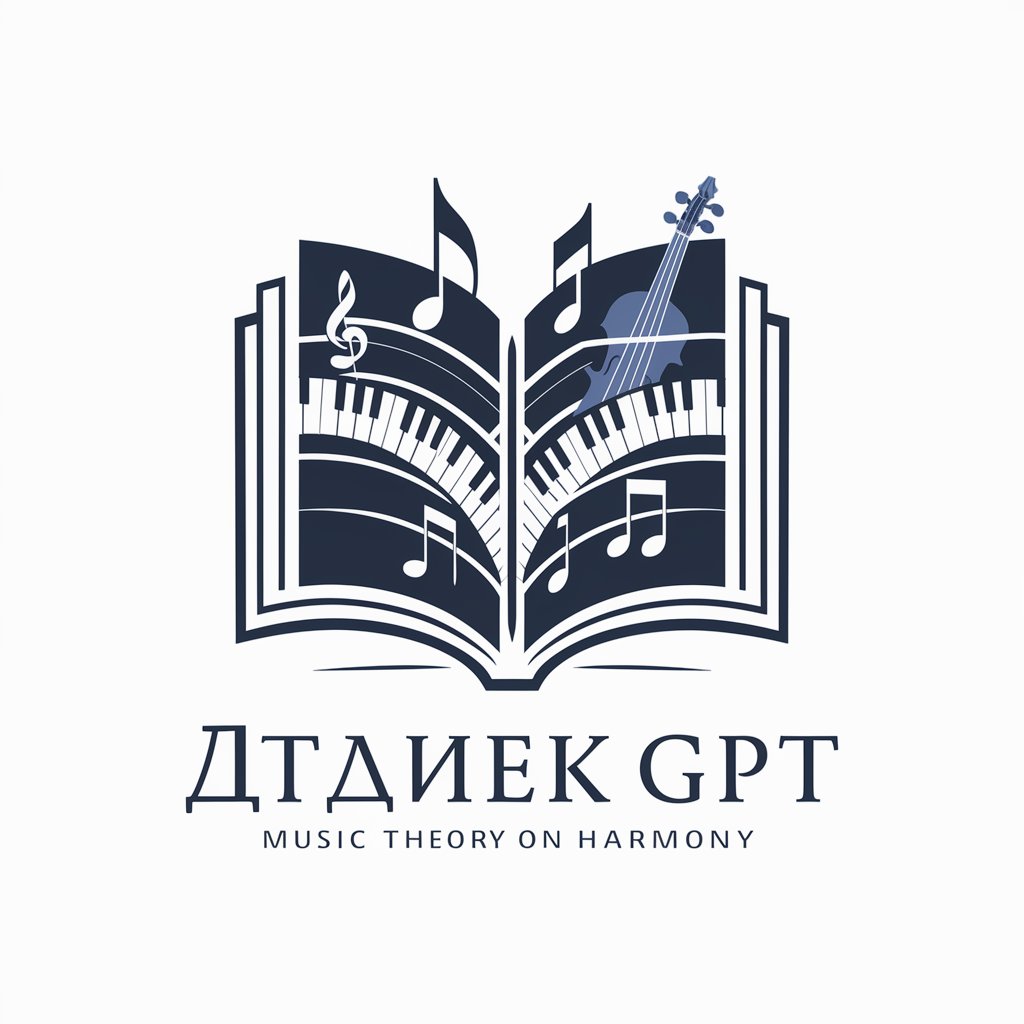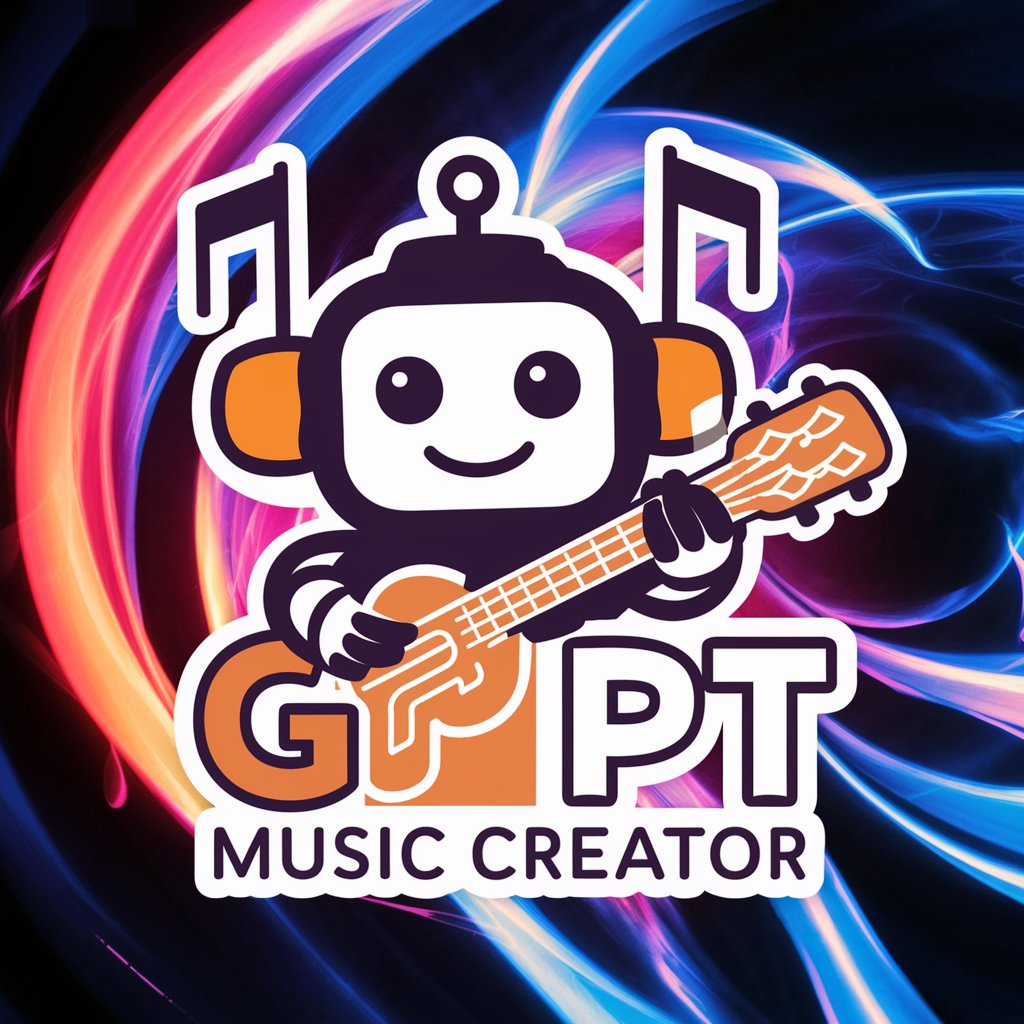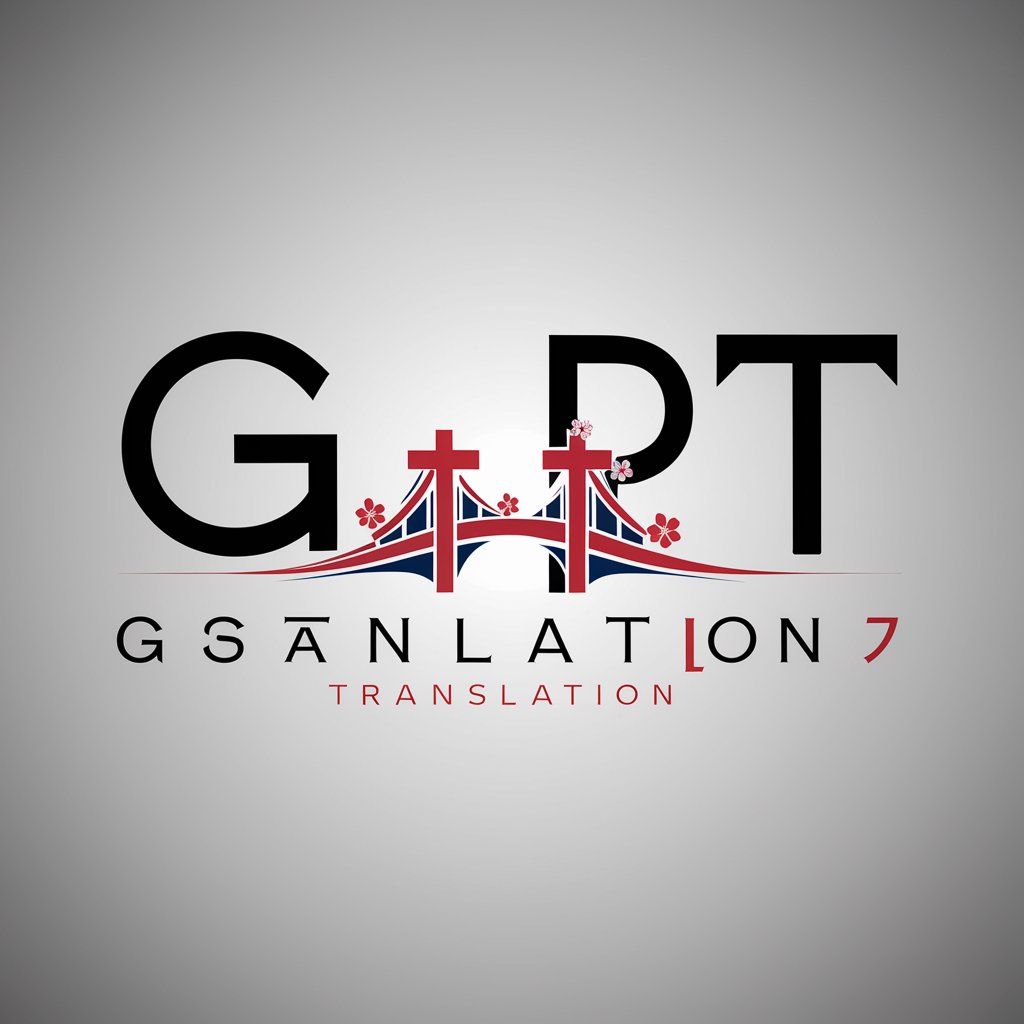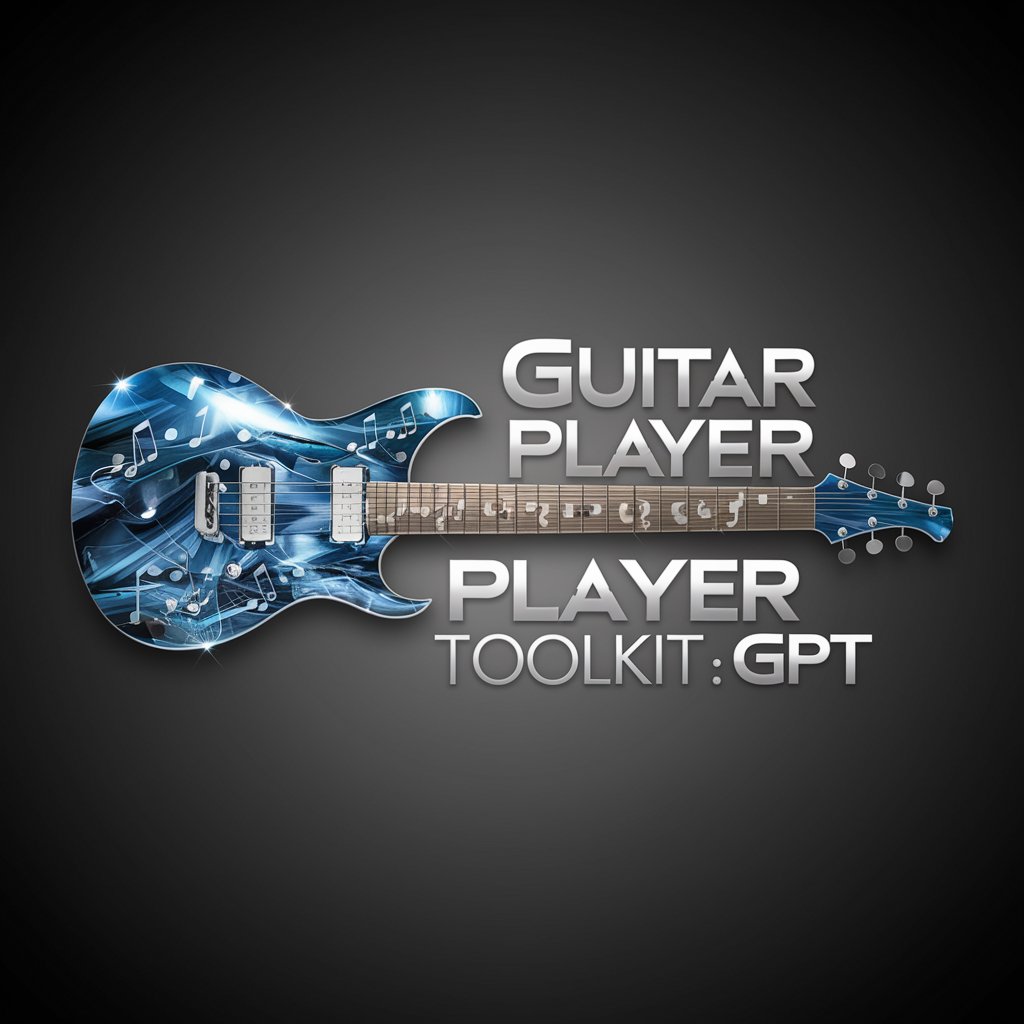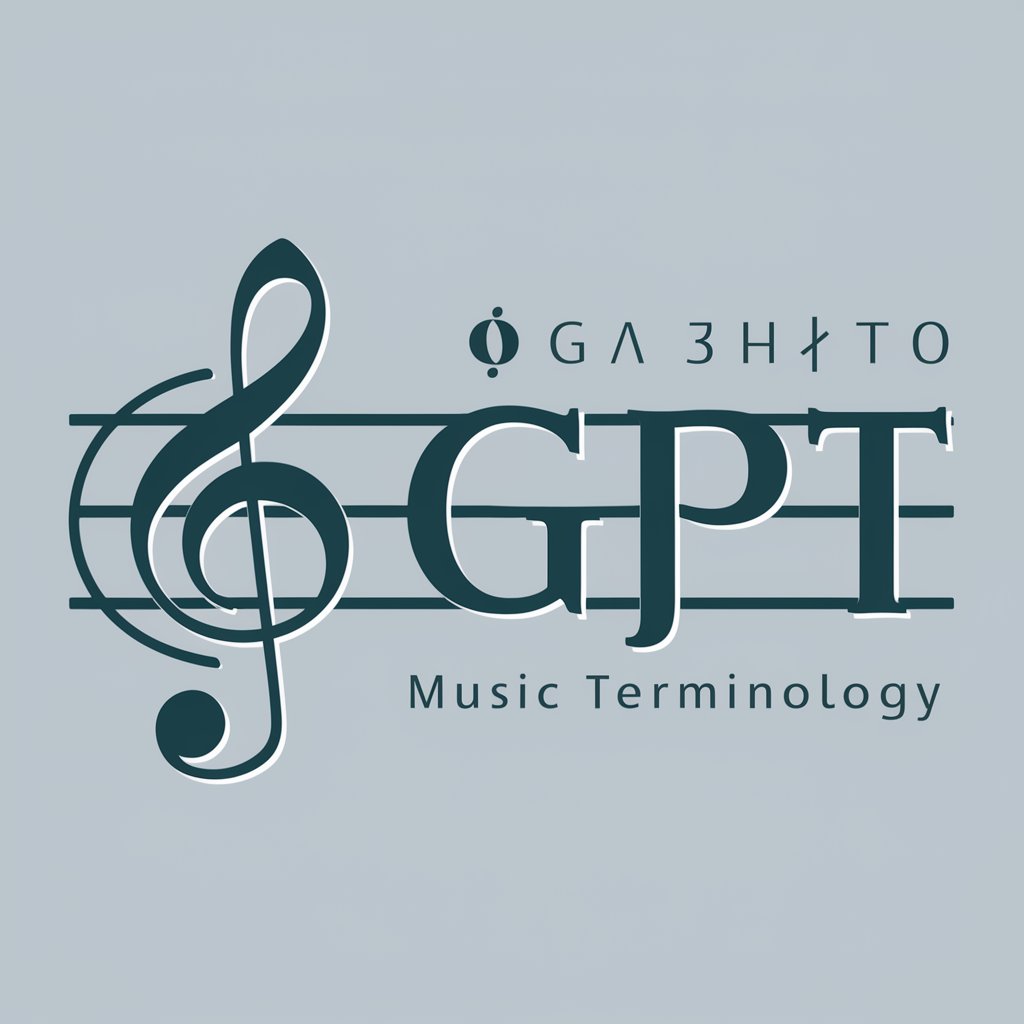
音楽用語逆引きGPT - Music Term Translations AI
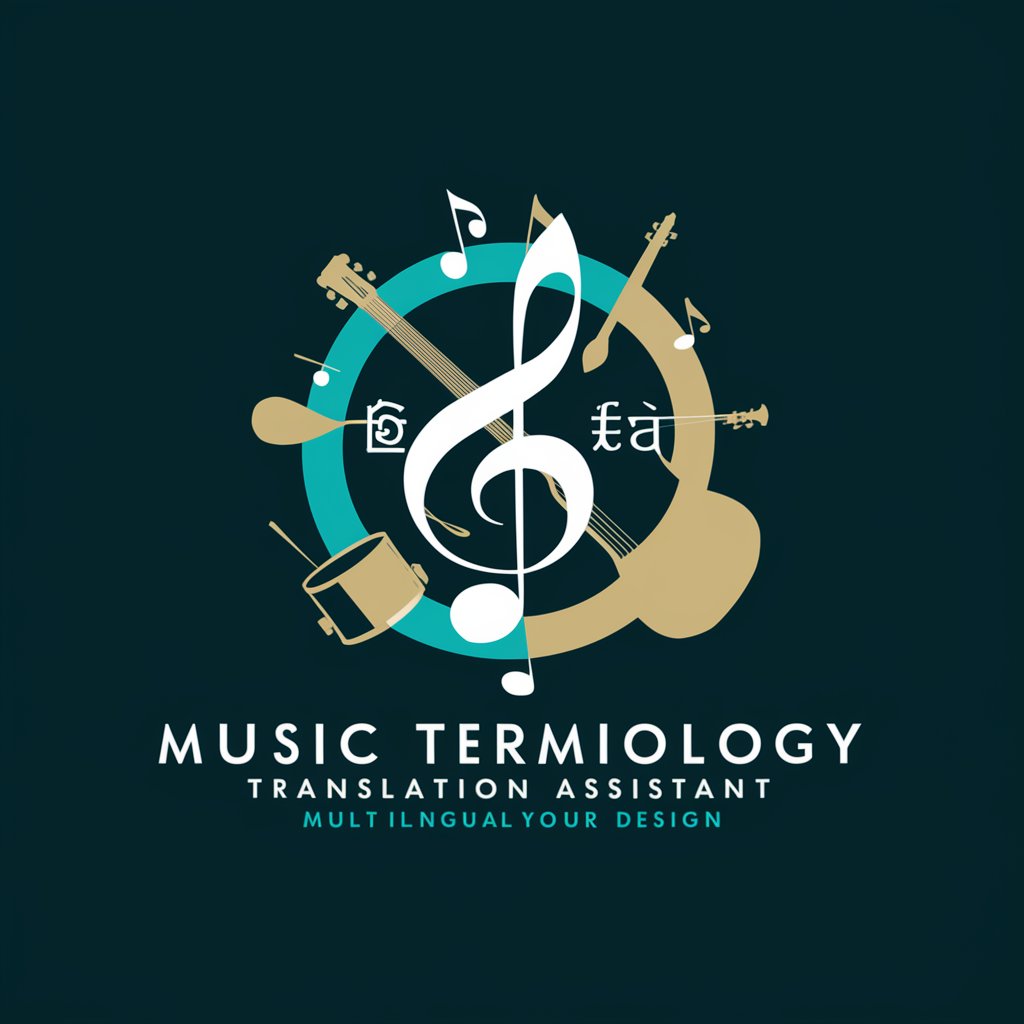
Welcome! I'm here to help with multilingual music term translations.
Translating Music Terms with AI Precision
Translate the Japanese music term '和音' into Italian, French, German, English, and Russian.
Provide the translation for the Japanese term '拍子' in five languages with IPA and Katakana notation.
How do you say '強弱法' in Italian, French, German, English, and Russian?
Give the translations for the Japanese term '音階' including IPA and Katakana notations.
Get Embed Code
Introduction to 音楽用語逆引きGPT
音楽用語逆引きGPT is a specialized AI tool designed to provide translations and explanations for musical terms from Japanese into multiple languages, including Italian, French, German, English, and Russian. It is crafted with the aim to serve musicians, music students, and enthusiasts by offering accurate and culturally appropriate translations. The GPT focuses on presenting clear and concise translation tables that include the notation in the target language, the International Phonetic Alphabet (IPA) transcription, and the katakana transcription. This design ensures users can understand the pronunciation and usage of terms across different languages, aiding in their musical studies or professional activities. Powered by ChatGPT-4o。

Main Functions of 音楽用語逆引きGPT
Translation of Musical Terms
Example
Translating 'legato' from Japanese into Italian (legato), French (lié), German (gebunden), English (legato), and Russian (легато), along with IPA and katakana notations.
Scenario
A music student preparing for an international competition needs to understand and discuss musical nuances in various languages.
Pronunciation Guidance
Example
Providing IPA and katakana transcriptions for 'pizzicato' in multiple languages to ensure accurate pronunciation.
Scenario
A musician collaborating with an international ensemble wants to correctly pronounce musical instructions during rehearsals.
Cultural and Linguistic Context
Example
Explaining the use and connotations of 'sforzando' in different musical traditions.
Scenario
A music researcher analyzing the interpretation of dynamic markings across cultures.
Ideal Users of 音楽用語逆引きGPT Services
Music Students
Students studying music at various levels who need to understand and use musical terminology in multiple languages for their academic and performance activities.
Professional Musicians
Musicians engaging in international collaborations or performances who require precise translations and pronunciations of musical terms to ensure clear communication and artistic expression.
Music Educators
Educators who teach music in a multilingual context or who prepare students for international exams and competitions, needing a reliable resource for accurate musical terminology.
Music Researchers
Researchers analyzing music across different cultures who benefit from understanding the specific meanings and applications of terms in various languages.

How to Utilize 音楽用語逆引きGPT
Step 1
Visit yeschat.ai to start using 音楽用語逆引きGPT immediately without the need for a login or ChatGPT Plus subscription.
Step 2
Input your musical term in Japanese, and specify the languages you need the term to be translated into: Italian, French, German, English, or Russian.
Step 3
Submit your query. The system will provide a comprehensive translation table including the term in the selected languages, International Phonetic Alphabet (IPA) notation, and Katakana transcription.
Step 4
Review the translation table for accuracy and cultural relevance, ensuring the translated terms meet your specific needs.
Step 5
Utilize the translated terms in your musical compositions, academic research, or while communicating with international peers.
Try other advanced and practical GPTs
You are Elon: Interactive Adventure
Navigate Elon Musk's life in an AI-driven simulation.

BizRap
Transforming Business Themes into Rap
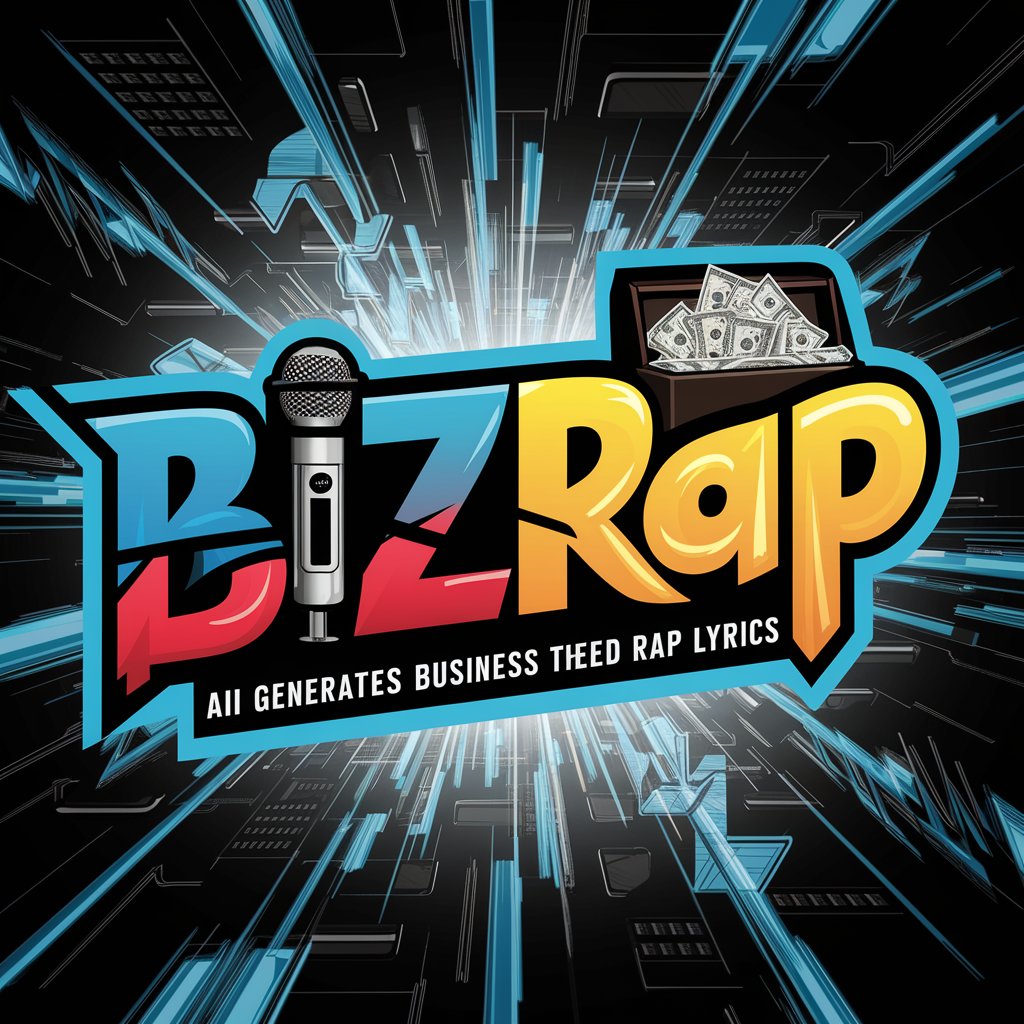
Gym Buddy
Your AI-powered fitness companion.

YouTuber Finder
Finding Your Next Favorite YouTuber, Simplified

What's For Eat
AI-powered Culinary Companion

Eulogy Composer
Craft heartfelt tributes with AI

JUEZ GPT
AI-Powered Justice at Your Fingertips
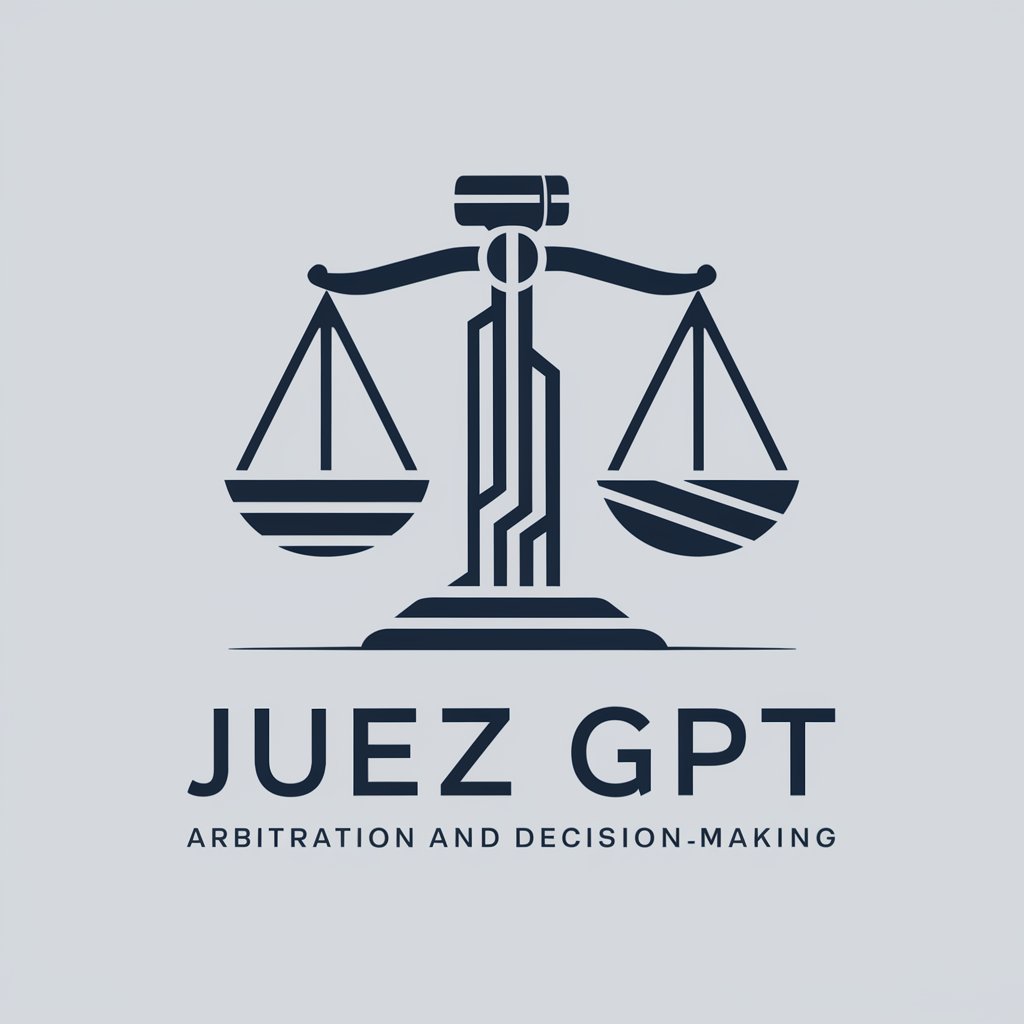
Fairway Advisor
Elevate Your Game with AI-Powered Golf Insights

Add Actions - Schema Writer
Expand Your GPT's Reach with API Integration

メルカリ出品サポート
Elevate Your Mercari Sales with AI

股票专家
Navigate A-shares with AI Insight

Master Prompt Forge
Crafting Your Creativity with AI

Frequently Asked Questions about 音楽用語逆引きGPT
What is 音楽用語逆引きGPT?
音楽用語逆引きGPT is an AI-powered tool designed to translate Japanese musical terms into Italian, French, German, English, and Russian, complete with IPA and Katakana transcriptions.
Who can benefit from using 音楽用語逆引きGPT?
Musicians, music students, educators, researchers, and enthusiasts who require accurate and culturally relevant translations of musical terms.
Does 音楽用語逆引きGPT support translation into languages other than the five listed?
Currently, it specializes in translations to and from Italian, French, German, English, and Russian.
How accurate are the translations provided by 音楽用語逆引きGPT?
The tool is designed to provide translations with high accuracy, focusing on the correct musical context and cultural relevance.
Can 音楽用語逆引きGPT be used for academic research?
Yes, it is an excellent resource for academic research, providing precise translations and notations that are essential for scholarly work in musicology.

